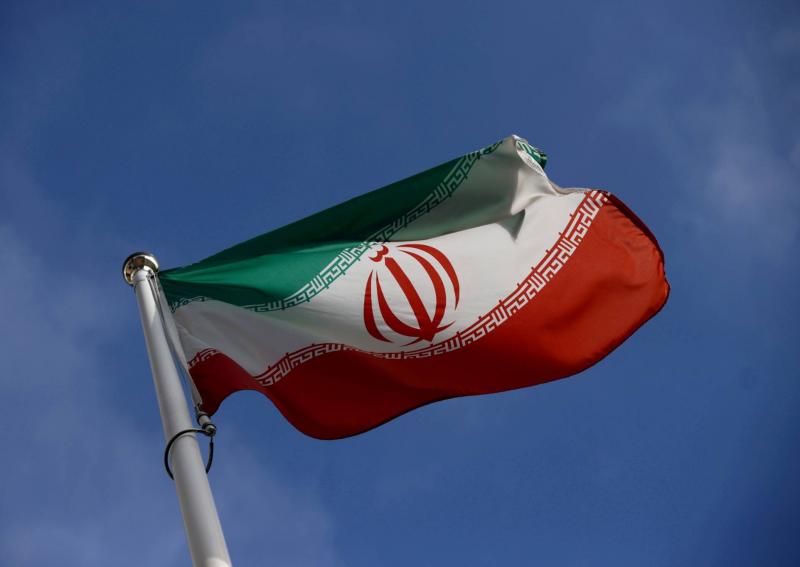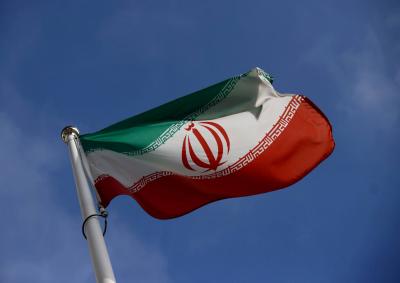Iran executed three men on Friday, claiming they were involved in the killing of three security forces during anti-government protests last year, prompting internal protests and international condemnation. The judiciary announced via Twitter that Majid Kazemi, Saleh Mirhashimi, and Saeed Yaqubi were executed in the city of Isfahan in central Iran.
Amnesty International stated that the swift trial of the three men was marred by legal flaws and relied on "confessions extracted under torture." Immediately after their executions today, state media rebroadcast videos purportedly showing the defendants' confessions, which Amnesty International indicated were obtained through torture—a claim that Tehran denied.
In a report on Wednesday, the organization said, "The horrifying manner in which these protesters were rushed through the Iranian judicial system and condemned based on 'confessions' tainted by torture, serious procedural defects, and lack of evidence is yet another example of the Iranian authorities' blatant disregard for the right to life and the right to a fair trial."
In an audio recording from prison, Majid Kazemi stated that he was forced to give false testimonies incriminating himself after being beaten by interrogators, subjected to electric shocks, threatened with mock executions, and faced threats of rape and the execution of his brothers, as well as harassment of his parents.
With this latest execution, the number of protesters hanged has reached at least seven since the onset of the nationwide protests that began last fall, representing one of the most significant challenges to the religious leadership since the 1979 revolution.
The three men had written a handwritten letter addressed to the Iranian people from within their prison on Wednesday, urging citizens, "Do not let them kill us." They said in the letter, widely circulated on social media, "We need your help," which sparked local and international calls to halt their executions, including a plea from Washington.
Their families and supporters organized nightly protests outside the Dashtgerd prison in Isfahan in support of them. Protests erupted in Isfahan, the capital Tehran, and several other cities following the announcement of the three executions, according to videos posted on social media.
Protesters in Tehran were heard in a video stating, "We swear by the blood of our comrades to remain steadfast until the end." Reuters was unable to verify the video from independent sources.
A spokesperson for the European Union condemned the executions "in the strongest possible terms." Australian Foreign Minister Penny Wong denounced the executions, describing them as "horrific killings" and stated on Twitter that "Australia stands with the people of Iran."
UN human rights experts expressed "serious concern" over the continued executions of protesters in Iran.




